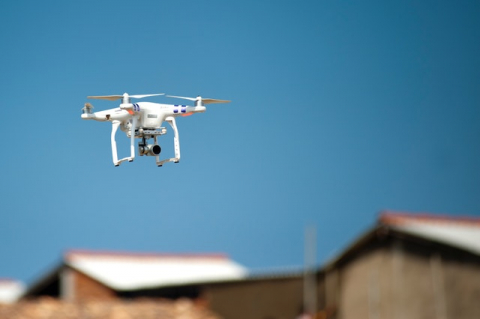The report , published as part of the Advanced Factories conference in Barcelona this week, points out that about 18% of companies in the sector are startups and that 44% have a annual turnover of more than one million euros.
3 out of 10 companies are exporters , and almost 10% have subsidiaries abroad. According to the subsectors, 33% emphasize engineering that designs, builds and installs robots; 29% are auxiliary industries - component manufacturers, consultants, services; 22% are companies involved in educational and training robotics and 16% are robot manufacturers.
Applications and trends
The report highlights the importance of robotics as it is a cross-cutting technology , with applications in many sectors and capable of improving production processes and security, as well as generating new business models.
Highlights are applications in the fields of industry (to automate processes and improve security), automotive (for autonomous vehicles, for example), aerospace exploration, inspection and maintenance, logistics (to transport burdens between different areas), education (to enhance the development of skills and competencies in STEM disciplines), health (with surgical robots to perform more complex procedures), finance, agriculture or leisure.
The major trend in this technology, as the study compiles, is the introduction of collaborative robotics . These are robots that can share a workspace with people and learn new tasks.
Robotics on an international scale
The report notes that the global turnover of the robotics industry in 2018 reached 22 billion euros , while it is estimated that it will exceed 50 billion in 2020. The most important weight of this market is industrial robotics , which in 2018 reached 16.5 billion annual, 75% of the total.
Leading countries in this technology are Singapore , the country with the highest density of industrial robots installed per 10,000 workers (831), followed by South Korea (774) and Germany (338) .
Catalonia plays a key role in the process of robotization at the national level and, in fact, the main manufacturers of robots worldwide are based in Catalonia: currently 39.4% of Catalan companies have some automated process .



